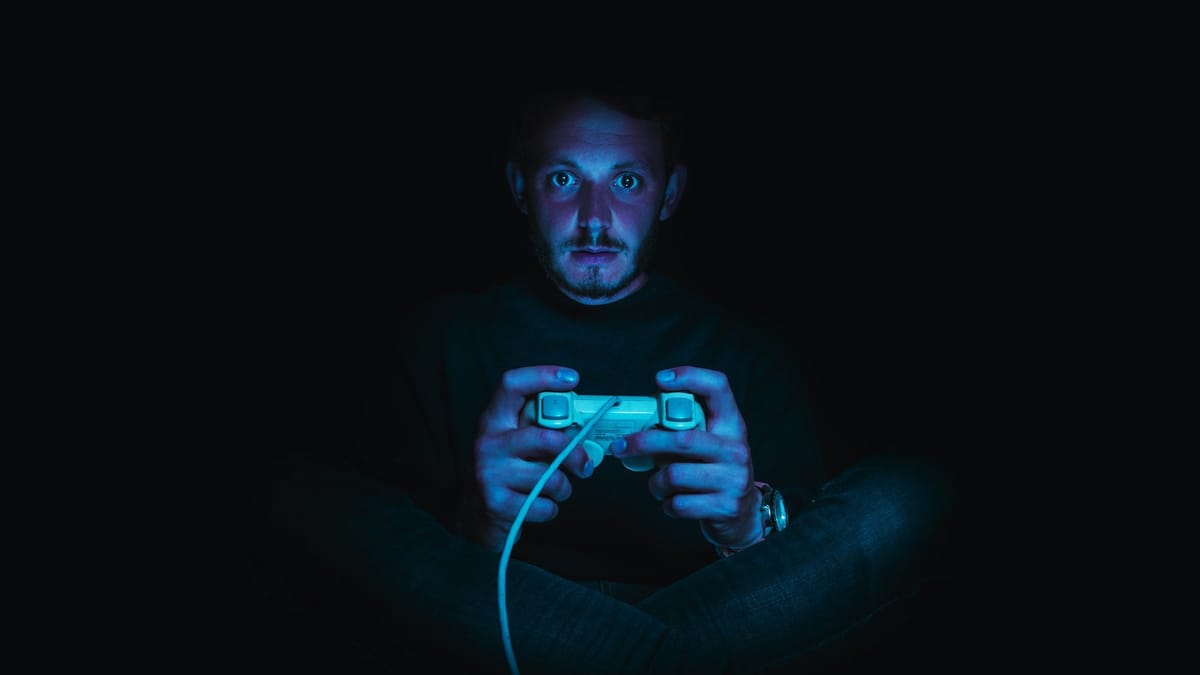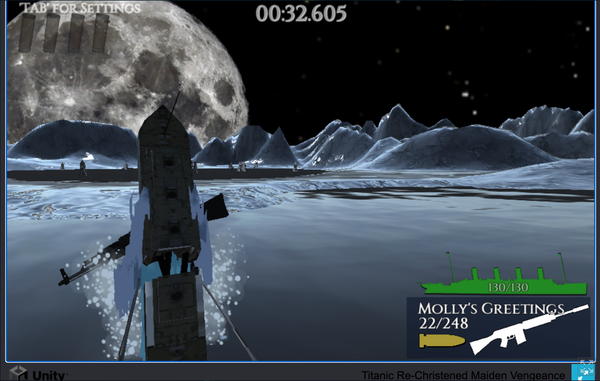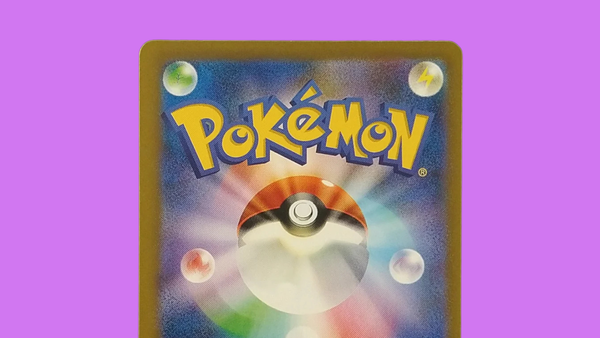Late Night Vibes: Gamer Edition
a guest post by Jay Rooney from Game & Word

For as long as I can remember, I’ve been a night owl struggling to survive in a world of morning birds. And for as long as I can remember, I’ve also been a gamer. I don’t believe any of this is a coincidence.
Oh, and when I say “for as long as I can remember,” I mean that literally: my very first memory is of me unwrapping the NES my parents gave me back in 1989. I was four years old.
One of the hardest parts of being a night owl (besides waking up in the morning) is finding creative stimulation at a time when the rest of the world has turned in. How cruel is life that the time of day in which I feel the most creative and hungriest for high-quality artistic nourishment only offers me the very worst in entertainment?
Museums, libraries, and galleries close at sundown. Partying and socializing late into the night, every single night, isn’t biologically or financially sustainable. Hobbies can soothe, but can just as easily feel like work—of which I do enough in the daytime. Reading in the dark is hard on the eyes, even with a book light. Infomercials dominate late-night TV. Movies are over too quickly, usually too passive for the mood I’m in, and there are too many to choose from anyway. And spending any extended amount of time on the internet, especially past the witching hour, is corrosive to the soul.
But gaming? Now we’re talking. We’ve all heard the tired stereotype of gamers as antisocial, emotionally-stunted basement dwellers, wasting their lives away playing Call of Duty or World of Warcraft past 5 am each night. But as reductive and outdated that image is, the “5 am” bit does contain a pixel of truth. Gamers didn’t become stereotyped as insomniacs for nothing. Even as a child, I’d stay up playing Mario and Zelda until almost sunrise, even on school nights. If you self-identify as a gamer, you likely have several such stories.
Gaming is the night owl’s perfect pastime. They’re a perfect pairing even down to the most fundamental level. For starters, neither could’ve existed as they do now before the modern era, or at least before the world first harnessed electricity. Sure, there have always been “night people,” in the sense that their biological clocks were set to “nocturnal.” But for the first time in history, a “night owl” can not only survive but even thrive in today’s world of 24-hour convenience stores, remote work, and on-demand entertainment.
As for video games? Well, I hope that’s obvious enough. But in case it isn’t: video games require electricity. Electrical power is a modern invention. ‘Nuff said.
But the harmonious pairing doesn’t end there.
With video games, you can calibrate the experience based on how much brain power you have to spare, and can choose just about any thematic genre you can think of.
Exhausted insomniacs can chill out with a simple platformer, keeping their mind occupied without exerting it too much. Those with more overactive minds can opt for a more challenging game, like Dark Souls. The more solitary types can immerse themselves in sprawling, epic narratives set in huge, fantastical worlds, while more social gamers can compete or collaborate with fellow players from every time zone simultaneously. And if you get bored with a game, well, that’s what the infamous gamer “backlog” is for!
And video games are long, often requiring multiple nights to finish. The middle of the night is the optimal time to dive into an immersive, single-player campaign, or carry out an hours-long, elaborately-planned MMO raid. Without any work calls, spousal requests, or sibling arguments to pull you out of the experience, you can soak in a game free of interruptions for hours at a time.
Gamers and night owls are also stigmatized in remarkably similar ways. Parents berate their nocturnal kids for “sleeping their lives away,” whatever that means. My up-at-5am, lifelong early-rising father-in-law constantly accuses me and my spouse (a fellow night owl) of being lazy because we like to sleep in on the weekends. And every night owl has had a job where they could stay at the office well past midnight with nary an acknowledgment… but they’d better not come in a second past 8 am.
Meanwhile, exasperated parents either browbeat or beg their gamer kids to “go outside” or “do something better” with their time (even under lockdown). My non-gamer wife has mostly dropped her long-held notion of games being only for little kids—but sometimes those old prejudices re-emerge (usually during arguments). And even working with video games can earn you weird looks, as people assume you simply goof around playing games all day instead of working in… you know, an industry, like any other.
And these stigmas annoyingly persist, even though over half of American households house at least one self-professed gamer, and up to one-third of all people are estimated to be night owls.
Nighttime and gaming are not only well-matched on a practical level, but on a spiritual one as well. Which is why, as soon as I’m finished writing, I’ll forget about the next morning (and the judgments it’ll bring) by picking up my controller and losing myself in Breath of the Wild for another well-spent night.
Jay Rooney writes Game & Word, a newsletter that explores the links between video games and the worlds they exist in.





